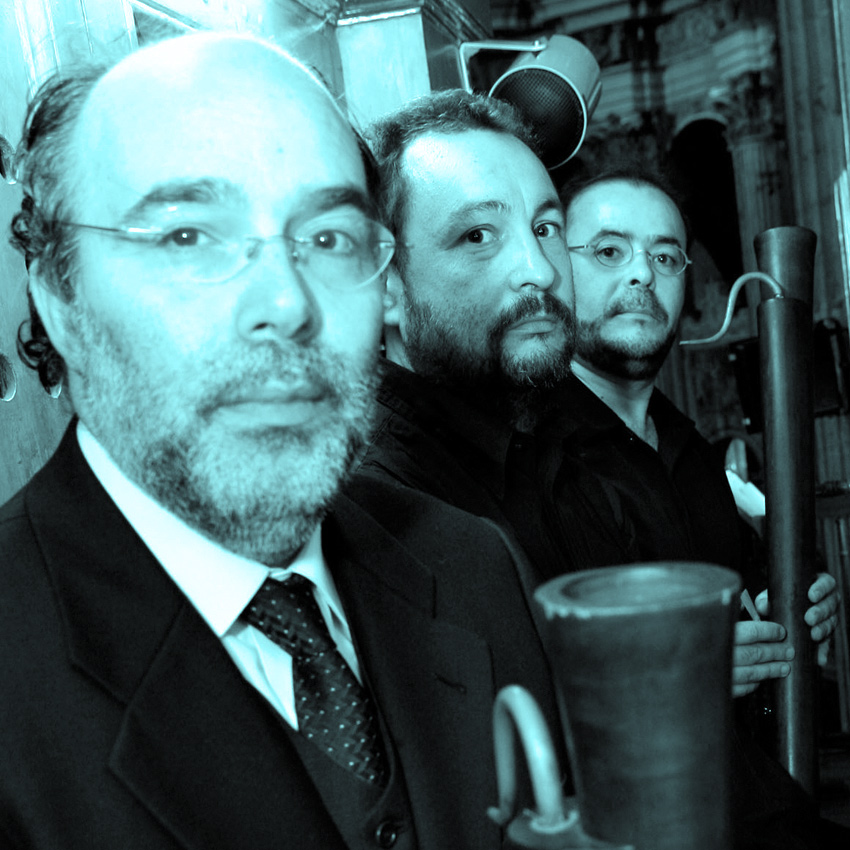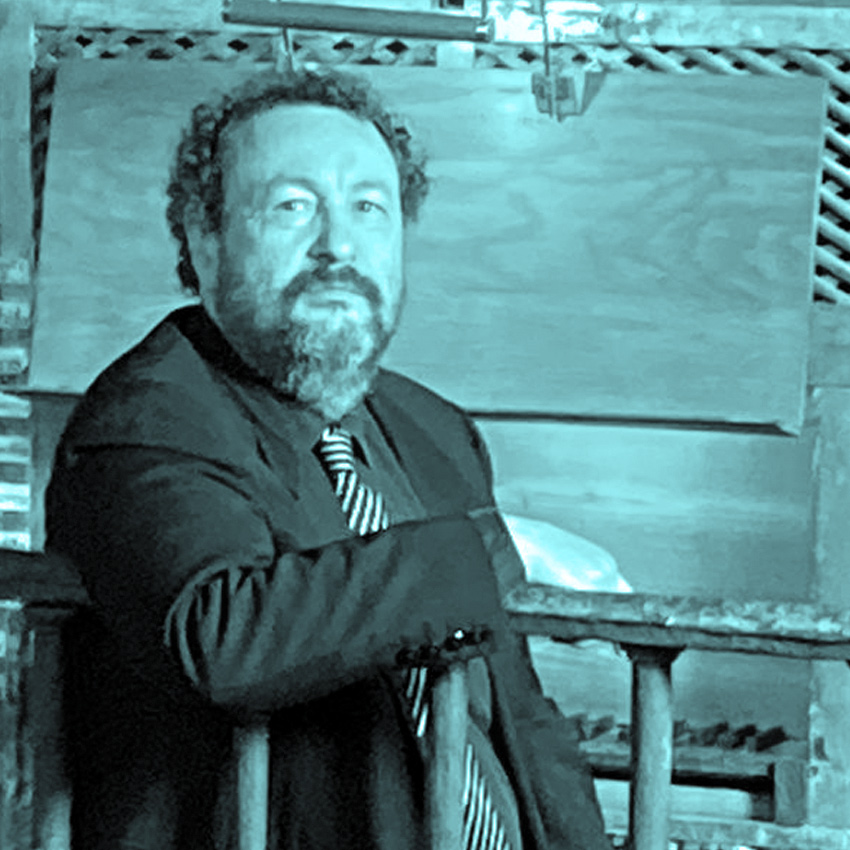![]() Sunday, October 16, 6:00 p.m.;
Sunday, October 16, 6:00 p.m.;
Ponta do Sol, Igreja de Nossa Senhora da Luz;
Monday, October 17, 9:30 p.m.;
Funchal, Convento do Bom Jesus;
A due bassi – Music for two bass instruments between 1600 and 1800
Minstrels – wind instrumentalists – were responsible for much of the music played in the cathedrals of the Iberian Peninsula during the sixteenth and seventeenth centuries. These same musicians played outdoors in processions and often animated the streets following religious ceremonies. This constant interconnection between the sacred and the mundane is illustrated in this concert, through the sound of the bajones and the small historic organs of the Convent of Bom Jesus in Funchal and the church of Ponta do Sol.
GIROLAMO FRESCOBALDI
Canzona prima a due bassi «detta la Marina»
(Il primo libro delle canzoni ad una, due, trè, e quattro voci, 1628)
Partite sopra lamonicha *
(Toccate e partite d’intavolatura di cimbalo et organo, Libro primo, 1616)
PHILIPP FRIEDRICH BÖDDECKER (1607-1683)
Sonata sopra la Monica. Fagotto solo.
(Sacra partitura, 1651)
BARTOLOMÉ DE SELMA Y SALAVERDE (c.1595-1638)
Fantasia per fagotto solo.
(Primo libro di canzoni, fantasie & correnti, 1638)
ANTONIO VALENTE (fl.1565-1580)
La Romanesca *
lo ballo dell'Intorcia *
BARTOLOMÉ DE SELMA Y SALAVERDE
Canzon a 2. Basso e Soprano.
(Primo libro di canzoni, fantasie & correnti, 1638)
DOMENICO SCARLATTI (1685-1757)
Sonata in D K. 288 *
RAMÓN FERREÑAC (1763-1798)
Rondo con variaciones *
ANÓNIMO (Archivos de las Catedrales de Zaragoza)
Verso de bajones con órgano obligado
ANTONIO MARTÍN Y COLL (1671-1734) *
Tamborilero
ANONYMS (Libro de clavicímbano de Francisco Tejada, 1721)
Gitanilla
Tonadilla de Navidad
Marizápalos
Folias de España *
FABRITIO CAROSO (c. 1527-c.1605)
Canarios con sus glosas
* Solo organ
MINISTRILES DE MARSIAS
Josep Borràs e Fernando Sánchez, bajones and bajoncillos
Javier Artigas, organ
Ministriles de Mársias is a true ensemble of minstrels, the name given to wind instrumentalists in cathedral chapels. The group's name refers to the dispute between the civilized Apollo with his harp and the barbarous minstrel Marsyas blowing on the tibia. This competition between strings and wind instruments was evoked by Monteverdi and other contemporaries when instrumenting their works to refer to the minstrels' ability to imitate and support the human voice. Fernando Sánchez, who founded the ensemble Ministriles de Marsias together with the renowned cornetist Paco Rubio, collaborates assiduously with orchestras and groups specialized in historically informed performance and is dedicated to the interpretation of music, from the Renaissance to the present day, always using instruments and techniques inherent to each period. Josep Borràs holds a doctorate from the Autonomous University of Barcelona with an acclaimed work on the Hispanic crisis, has been a member of the groups Hesperion XX and Le Concert des Nations (Jordi Savall) and has been professor of bassoon and baroque bassoon at the Curso Internacional de Música Antígua de Daroca since 1989. and the class of historical bassoons at the Escola Superior de Música de Catalunya, where he has held the position of director of the department of Early Music since its foundation in 2001 and is currently director of the School.. |
Javier Artigas studied organ and harpsichord with José Luís González Uriol, winning the Extraordinary Prize for Finalists. Later he continued his studies with Radulescu, Torrent, Schnorr, Alain, Rogg, Houbard and others. As a soloist, he has performed regularly in festivals in Spain and other European countries, in Asia and America, and, as a chamber musician, he has worked with Ministriles de Marsias, Il Trio Galante, Ensemble 415 and La Oropéndola. His recordings include Tañer con Arte, awarded five stars by the magazine Goldberg, and, as musicologist, he was responsible for the new transcription and edition of the keyboard works of Jusepe Jiménez and of Frei Juan Bermudo. He is currently director of the Department of Early Music and professor of organ and harpsichord at the Higher Conservatory of Múrcia, as well as invited professor at the Early Music Department of ESMUC (Barcelona) and technical director of the Early Music Festival of Daroca and the International Organ Days of Saragossa. He is also in charge of the preservation and restoration of the organs of the Region of Múrcia, amongst which is the great Merklin-Schütze organ (1854). |

 Ministriles de Marsias
Ministriles de Marsias Javier Artigas
Javier Artigas